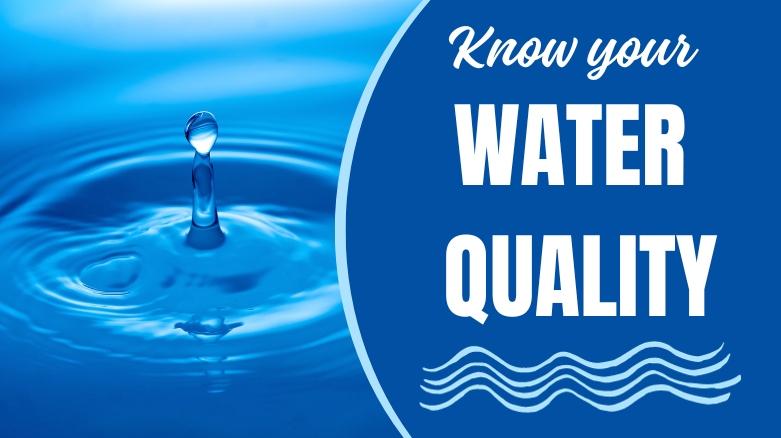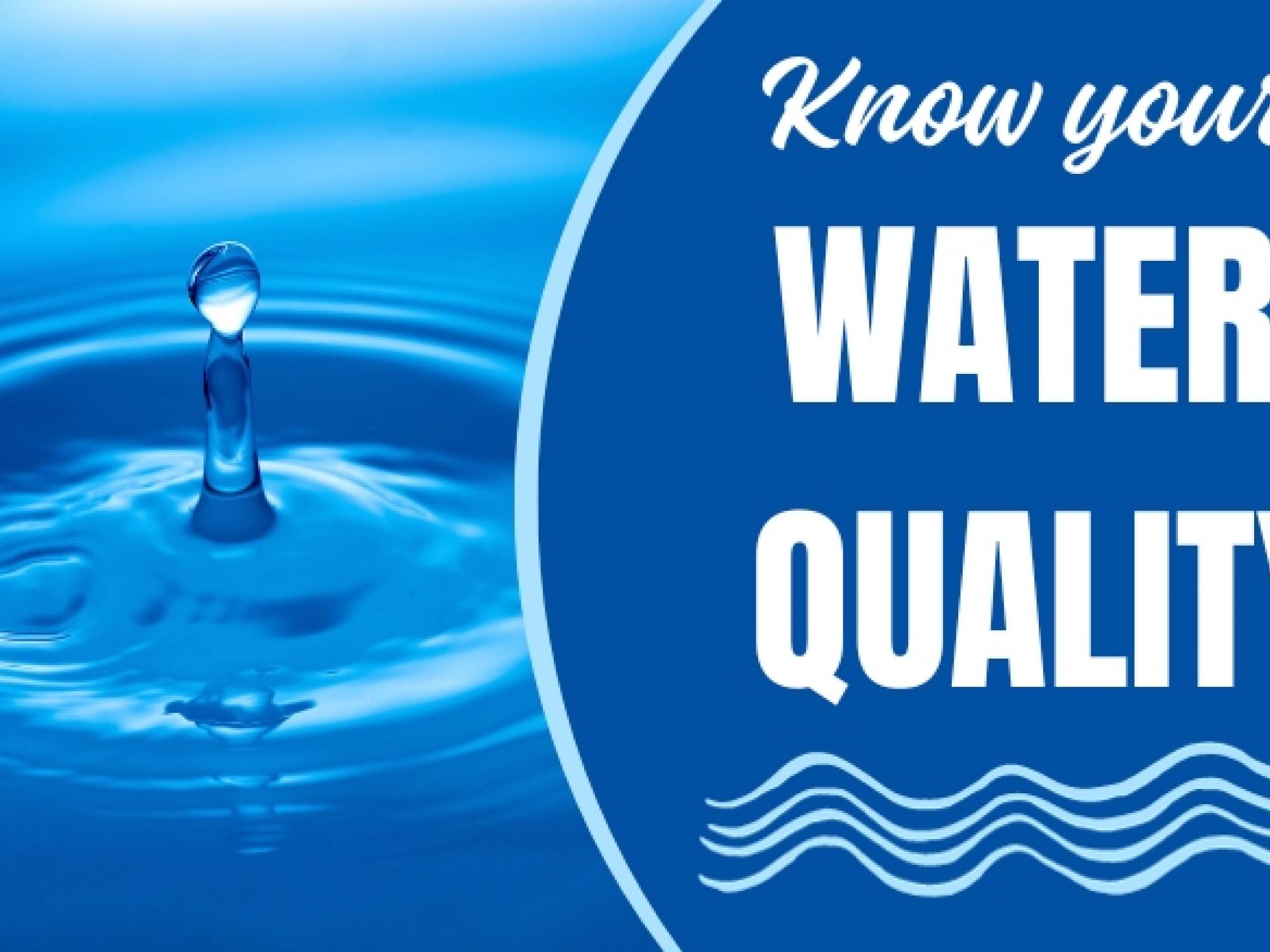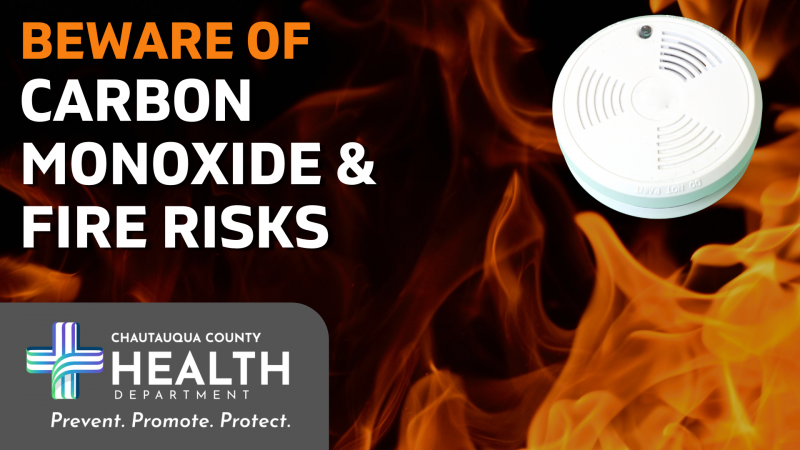
MAYVILLE, N.Y. – The Chautauqua County Health Department (CCHD) Environmental Health Division works diligently to prevent illness and disease by protecting local water supplies and promoting healthy water systems. The CCHD acts locally, on behalf of New York State Department of Health (NYSDOH) and United States Environmental Protection Agency (USEPA), to oversee public water systems.
There are many types of public water supplies including large municipal systems, medium sized systems for mobile home parks, and small systems like those serving a single restaurant.
All water systems receive regular guidance and updates from CCHD regarding existing regulations and sampling requirements. Water systems are inspected and evaluated regularly by CCHD staff. NYSDOH and USEPA representatives may schedule, conduct, and participate in inspections in follow-up to specific concerns or routine auditing.
“Safe drinking water is something many people take for granted. Our County Health Department staff work hard to make sure that water supply system operators understand how systems must be maintained and monitored,” states Jessica Wuerstle, Director of Environmental Health.
Additionally, CCHD staff review water system maintenance and operation reports as well as sample results to make sure systems meet the regulatory requirements set forth by NYSDOH and EPA. If operation reports and / or required sampling results are not submitted in compliance with NYSDOH and USEPA regulations, the County is required to follow-up with the operator and issue a notice of violation.
The USEPA’s Safe Drinking Water Act amendment in 1996 requires that community water systems with more than 15 service connections provide an annual Consumer Confidence Report to their customers. NYSDOH refers to this report as an Annual Water Quality Report. NYSDOH and USEPA guidelines determine what information must be included in the report.
The report includes information about the source of the water; community water supplies in Chautauqua County use wells, reservoirs and lakes as source water. Reports describe which contaminants the water is tested for, which contaminants were found, and whether the found contaminants are above safe levels. If contaminants were found, then there must be information about the possible sources of those contaminants and the health risks associated with those contaminants. Finally, the report must clearly describe whether the water supplier performed and reported all necessary testing.
Community water system suppliers must provide a copy of the previous year’s data to each bill-paying customer annually. Many municipalities do this by posting annual reports on community websites. Copies of the report must be available to customers.
Wuerstle adds, “Your drinking water quality should not be a mystery, if you receive water from a community system, we encourage you to review the Annual Water Quality Report.”
The information in Annual Water Quality Reports is intended to raise awareness about the drinking water source and to help the reader understand the process by which safe water is regulated and delivered. Furthermore, the report provides information about water supply concerns in the community so consumers can understand how they can be part of protecting their water source for the future.
Water operators put a lot of work into maintaining safe water for their communities. Residents are encouraged to contact their water supplier for information about where to find Annual Water Quality Reports to see how their community water supply is managed and maintained.
More information about public drinking water can be found on the CCHD’s website at chqgov.com/environmental-health/public-drinking-water.
About Chautauqua County Health Department - The Chautauqua County Health Department is the leading Public Health organization in Chautauqua County dedicated to the support of the community’s health. The Health Department takes innovative approaches to provide technical assistance to partner organizations, and offers various programs and services in order to help prevent disease, protect the public’s health and promote our community’s overall health and wellness. For more information visit www.HealthyCHQ.com.







